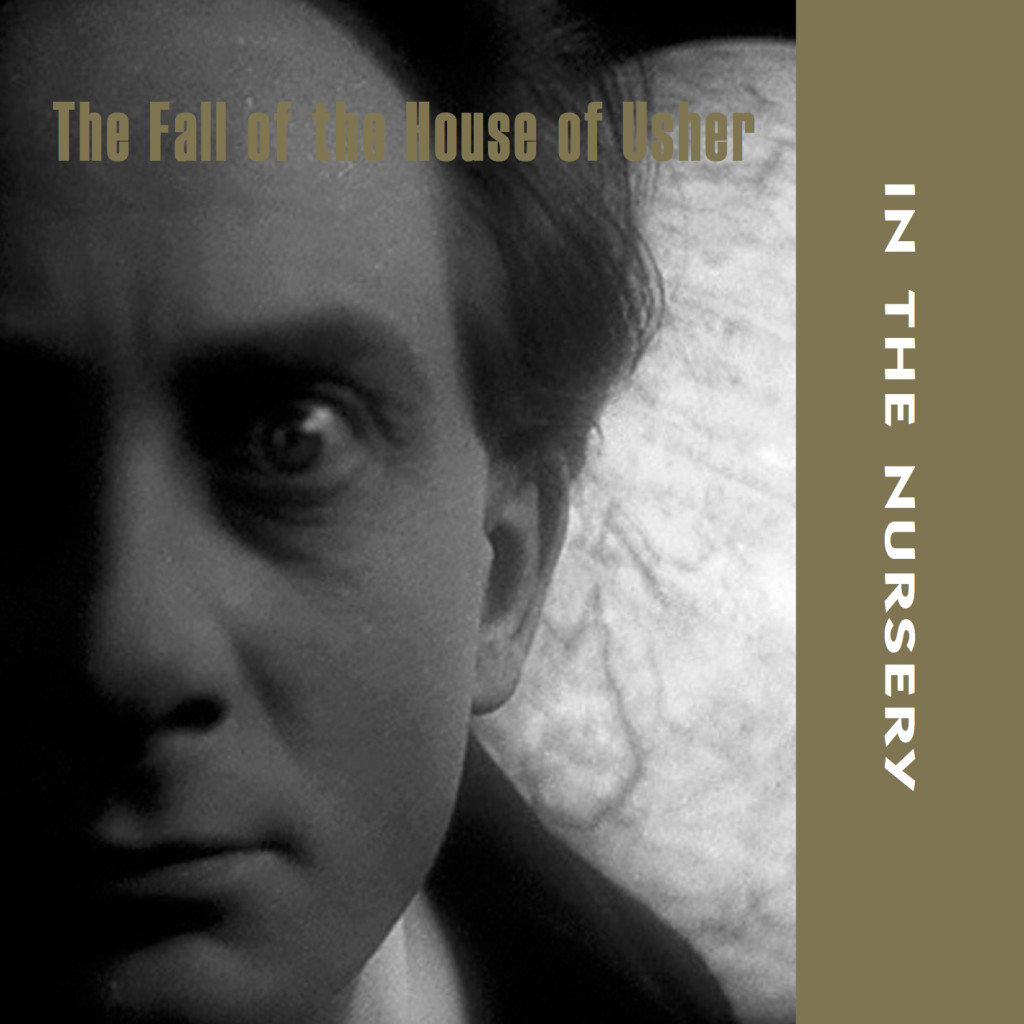Table Of Content

The idea of fear is worse for Roderick Usher than the object he fears. One can interpret the last action in a way that fear of any occurrence manifests it in real life. Roderick contacted him when he was suffering from emotional and mental distress. He does not know much about the house of Usher and is the first outsider to visit the house in many years. He also observes that Roderick has fallen over his chair and is muttering to himself.
Log in or Create account

Instead of using standard narrative markers, Poe employed gothic elements such as a barren landscape and inclement weather. The short story opens with an unnamed narrator who approaches House of Usher on the dark, dull, and soundless day. The narrator noticed the diseased atmosphere and absorbed evil in the house from the murky pond and decaying trees around the house. He also observes that even though the house appears to be decaying, its structure is fairly solid. In front of the building, there is no small crack from the roof to the ground.
Your password reset email should arrive shortly.
How The Fall of the House of Usher Reimagines Edgar Allan Poe - TIME
How The Fall of the House of Usher Reimagines Edgar Allan Poe.
Posted: Thu, 12 Oct 2023 07:00:00 GMT [source]
His countenance was, as usual, cadaverously wan — but, moreover, there was a species of mad hilarity in his eyes — an evidently restrained hysteria in his whole demeanor. His air appalled me — but anything was preferable to the solitude which I had so long endured, and I even welcomed his presence as a relief. One of the phantasmagoric conceptions of my friend, partaking not so rigidly of the spirit of abstraction, may be shadowed forth, although feebly, in words. A small picture presented the interior of an immensely long and rectangular vault or tunnel, with low walls, smooth, white, and without interruption or device.

Analysis of Edgar Allan Poe’s The Fall of the House of Usher
However, it's an incredibly easy show to enjoy on an episode-by-episode basis, largely because Flanagan’s direction is sharp throughout, including excellent use of music and tight editing—some scenes are too underlit, but that’s just the Netflix brand nowadays, and I’m done fighting it. It turns out that almost every branch of the Usher family tree has been cut by violent horror. ” “No, not before,” he replies in one of the show’s many glimpses of Flanagan’s viciously dark sense of humor. (Poe had one too.) Roderick has been haunted by all his awful children who have shuffled off this mortal coil, and it’s because it feels like the ghosts are finally coming for him that he is ready to confess. He’s having visions of monstrous ghosts, including the recurring specter of Verna (Carla Gugino), a figure that connects most of these tall tales as a sort of vengeful force of karma, the devil come to take what she’s due from a man who profited off the pain of others.
Roderick Usher
As Philip is preparing to leave following the entombment, the butler, Bristol (Harry Ellerbe), lets slip that Madeline suffered from catalepsy. In the story “The Fall of the House of Usher,” strangely mingles the real with the fictional. The artistic creation of Roderick is directly connected to what happens in the house of Usher. He creates an underground tomb and then entombed Madeline in the tomb.
Considering this, one can interpret that Roderick does not bury his sister alive, but she is back from the dead. Might we then interpret Roderick as a symbol of the conscious mind – struggling to conceal some dark ‘secret’ and make himself presentable to his friend, the narrator – and Madeline as a symbol of the unconscious? Note how Madeline is barely seen for much of the story, and the second time she appears she is literally buried (repressed?) within the vault.
About Usher’s Georgia Mansion
Philip Winthrop (Mark Damon) travels to the House of Usher, a desolate mansion surrounded by a murky swamp, to see his fiancée Madeline Usher (Myrna Fahey). Madeline's brother Roderick (Vincent Price) opposes Philip's intentions, telling the young man that the Usher family is afflicted by a cursed bloodline which has driven all their ancestors to madness and even affected the mansion itself, causing the surrounding countryside to become desolate. Roderick foresees the family evils being propagated into future generations with a marriage to Madeline and vehemently discourages the union. Philip becomes increasingly desperate to take Madeline away; desperate to get away from her brother, she agrees to leave with him. Once Roderick and Madeline were the only ones left in the bar after a long night of drinking, Verna revealed to the twins that she knew what they had done. But, if they agreed to her terms, she could guarantee that they would not only get away with Rufus' murder but also rise to control Fortunato's billion-dollar painkiller empire and never be convicted of a single crime.
In the tale's conclusion, Madeline escapes from the tomb and returns to Roderick, scaring him to death. During one sleepless night, the narrator reads aloud to Usher as eerie sounds are heard throughout the mansion. He witnesses Madeline's reemergence and the subsequent, simultaneous death of the twins. The narrator is the only character to escape the House of Usher, which he views as it cracks and sinks into the mountain lake. The bedroom door is then blown open to reveal Madeline, bloodied from her arduous escape from the tomb.
The story features numerous allusions to other works of literature, including the poems “The Haunted Palace” and “Mad Trist” by Sir Launcelot Canning. Poe composed them himself and then fictitiously attributed them to other sources. Both poems parallel and thus predict the plot line of “The Fall of the House of Usher.” “Mad Trist,” which is about the forceful entrance of Ethelred into the dwelling of a hermit, mirrors the simultaneous escape of Madeline from her tomb. “Mad Trist” spookily crosses literary borders, as though Roderick’s obsession with these poems ushers their narratives into his own domain and brings them to life. The Fall of the House of Usher is an American gothic horror drama television miniseries created by Mike Flanagan.
The narrator helps Roderick put the body in the tomb, and he notes that Madeline has rosy cheeks, as some do after death. The narrator also realizes suddenly that Roderick and Madeline were twins. He leads the narrator to the window, from which they see a bright-looking gas surrounding the house. The narrator tells Roderick that the gas is a natural phenomenon, not altogether uncommon.
“The Fall of the House of Usher” is an account of a family that is self-isolated, bizarre, and so remote from normalcy that the very existence of this family has become supernatural and eerie. The bond between the brother and sister is inexplicable and intense. One can interpret that twin siblings are actually one person that is split into two. She is the twin sister of Roderick; she is suffering from mysterious illness catalepsy.
The tale highlights the Gothic feature of the doppelganger, or character double, and portrays doubling in inanimate structures and literary forms. The narrator, for example, first witnesses the mansion as a reflection in the tarn, or shallow pool, that abuts the front of the house. The mirror image in the tarn doubles the house, but upside down—an inversely symmetrical relationship that also characterizes the relationship between Roderick and Madeline. An unnamed narrator approaches the house of Usher on a “dull, dark, and soundless day.” This house—the estate of his boyhood friend, Roderick Usher—is gloomy and mysterious. The narrator observes that the house seems to have absorbed an evil and diseased atmosphere from the decaying trees and murky ponds around it. He notes that although the house is decaying in places—individual stones are disintegrating, for example—the structure itself is fairly solid.
The once occasional huskiness of his tone was heard no more; and a tremulous quaver, as if of extreme terror, habitually characterized his utterance. There were times, indeed, when I thought his unceasingly agitated mind was laboring with some oppressive secret, to divulge which he struggled for the necessary courage. At times, again, I was obliged to resolve all into the mere inexplicable vagaries of madness, for I beheld him gazing upon vacancy for long hours, in an attitude of the profoundest attention, as if listening to some imaginary sound. It was no wonder that his condition terrified — that it infected me.

No comments:
Post a Comment